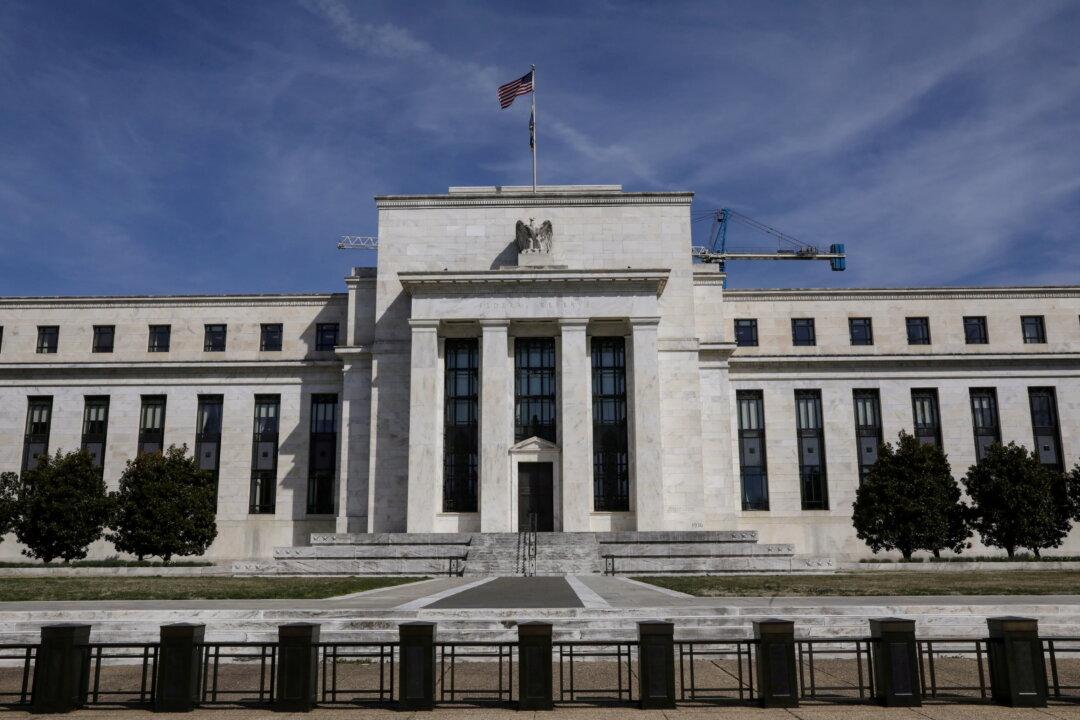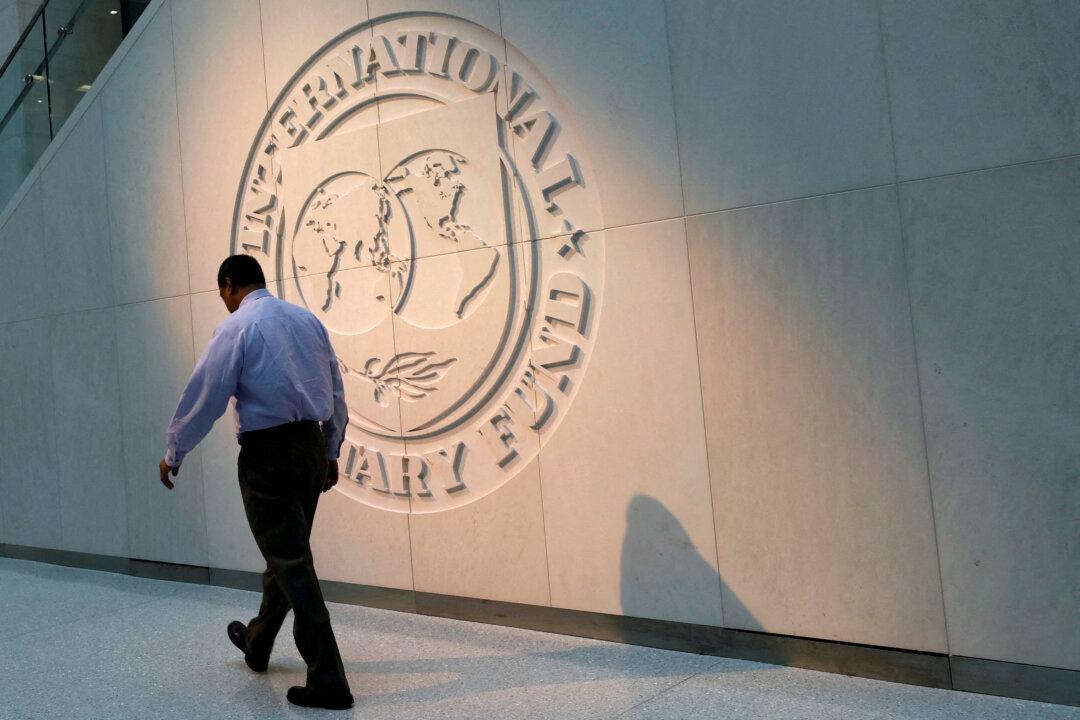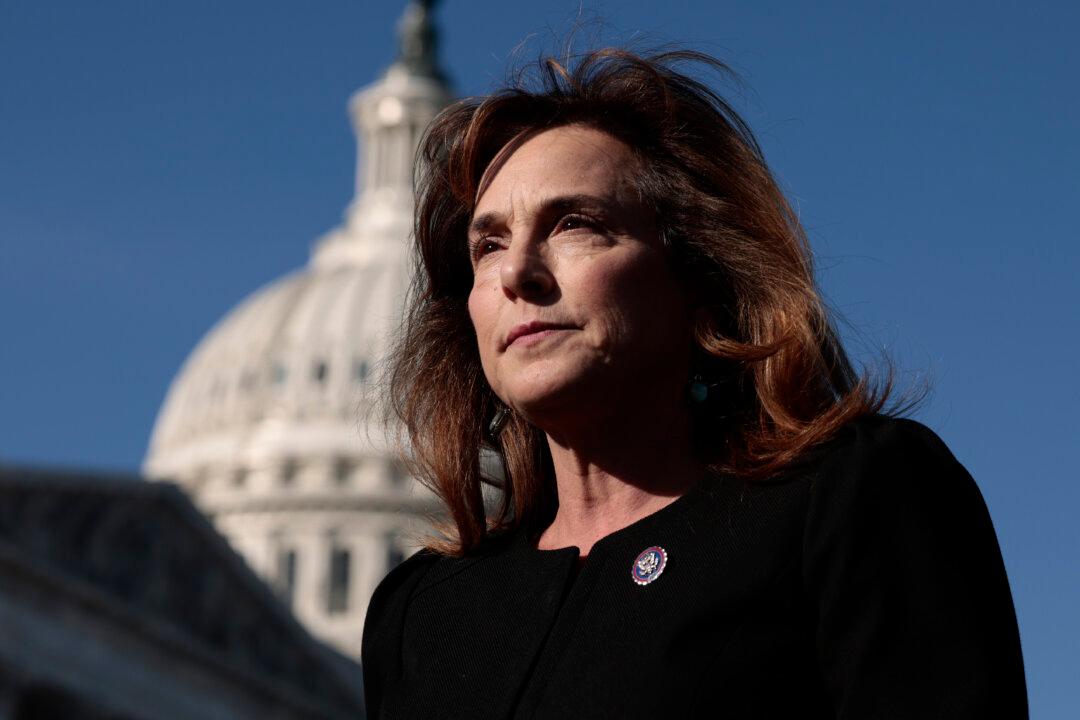Rep. Thomas Massie (R-Ky.) reintroduced on Jan. 10 his Federal Reserve Transparency Act in the House of Representatives, an annual tradition for the congressman. Dubbed the “Audit the Fed” bill, the legislation is an evolved iteration of a bill put forth by former congressman Ron Paul (R-Tex.) back in 1983.
“It’s official!” Massi wrote in a tweet on Tuesday afternoon. “I just reintroduced my bipartisan bill to audit the Federal Reserve, HR 24.”




